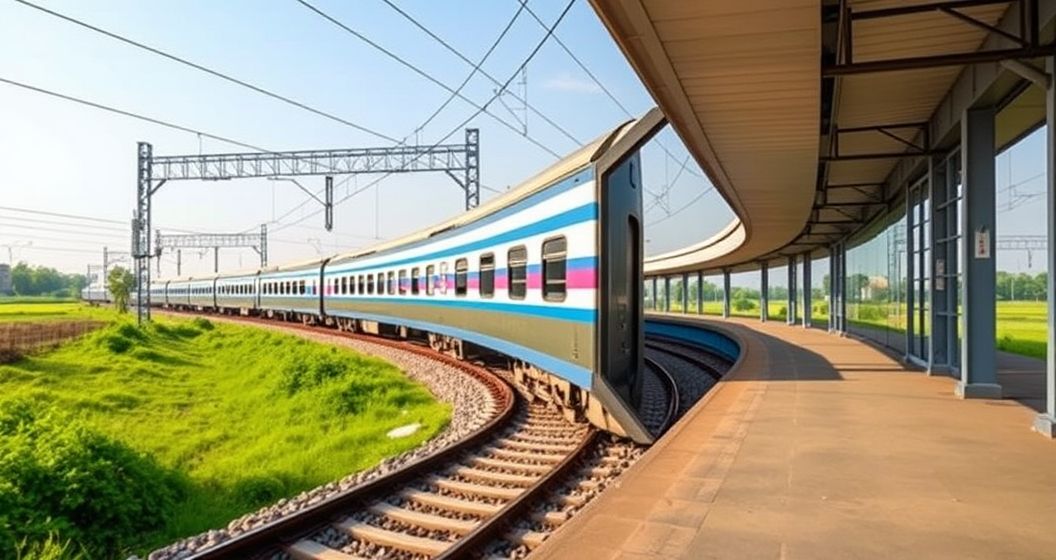India’s $3.4B Rail Network: Securing Borders Near China
India’s $3.4B Rail Network: Securing Borders Near China
India is bolstering its northeastern frontier with a significant investment in railway infrastructure, aiming to enhance accessibility, expedite logistics, and fortify military preparedness. This strategic move comes amidst fluctuating relations with neighboring China, underscoring a long-term contingency plan.
A $3.4 Billion Infrastructure Push
The ambitious project encompasses the construction of 500 kilometers (approximately 310 miles) of new railway lines, complete with bridges and tunnels. This network will connect remote regions bordering China, Bangladesh, Myanmar, and Bhutan. Sources familiar with the plan, who requested anonymity due to the information’s non-public nature, estimate the project’s cost at 300 billion rupees ($3.4 billion) and anticipate completion within four years.
Strategic Rationale Beyond Border Tensions
While recent diplomatic engagements suggest warming ties with China, India’s infrastructure strategy reflects a pragmatic approach to managing a complex relationship characterized by periods of both cooperation and tension. The initiative builds upon a decade of significant road infrastructure development, adding 9,984 kilometers of highways at a cost of 1.07 trillion rupees, with an additional 5,055 kilometers currently under construction.
Enhancing Civilian and Military Readiness
The upgraded logistics network promises improved civilian access to remote areas and faster emergency response times, crucial for managing natural disasters and facilitating rapid military mobilization. To further strengthen its strategic posture, India has reactivated dormant Advance Landing Grounds, originally established in 1962, for helicopter and military aircraft operations in its northeastern territories.
Expanding Rail Reach and Future Plans
Discussions are underway to explore the expansion of rail lines near the disputed border with China in the Ladakh region. Currently, the rail network extends to Baramulla in the Kashmir Valley, a region claimed by both India and Pakistan. While the Indian Railways and the Press Information Bureau have yet to officially comment, the project aligns with Prime Minister Narendra Modi’s emphasis on enhanced connectivity in sensitive border regions. This includes the construction of 1,450 kilometers of new roads along the Pakistan border and infrastructure upgrades near the Doklam plateau, a region claimed by both China and Bhutan.
A Decade of Rail Development and Future Implications
India has already invested heavily in rail infrastructure in the northeast, adding 1,700 kilometers of lines over the past decade. This latest initiative represents a significant escalation of that commitment, designed to reduce troop mobilization times and enhance logistical capabilities. China, meanwhile, has also accelerated its own infrastructure development, particularly dual-use facilities such as airports and heliports, improving the People’s Liberation Army’s logistical capabilities.


